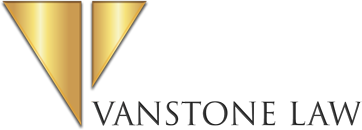There are two main types of professional bodies:
- Self-regulatory professional organizations: These organizations are governed by their members and are responsible for setting and enforcing standards of practice for their profession.
- Government-regulated professional organizations: These organizations are governed by the government and are responsible for licensing and regulating professionals in their profession.
Professional bodies play an important role in protecting the public by ensuring that professionals meet certain standards of education, training, and competence. They also provide members with support and resources to help them develop their careers.
Here are some of the benefits of joining a professional body:
- Networking opportunities: Professional bodies offer members the opportunity to network with other professionals in their field. This can be a great way to learn about new job opportunities, collaborate on projects, and stay up-to-date on the latest industry trends.
- Professional development: Professional bodies offer members access to a variety of professional development resources, such as continuing education courses, conferences, and workshops. This can help members to stay up-to-date on the latest knowledge and skills in their profession.
- Advocacy: Professional bodies advocate on behalf of their members and the public. This includes lobbying the government for changes to legislation and regulations that affect their profession.
If you are a professional, consider joining a professional body. This can advance your career and help you make a difference in your profession.
This article is for informational purposes only and is not legal advice. Contact us today to discuss your specific situation.
